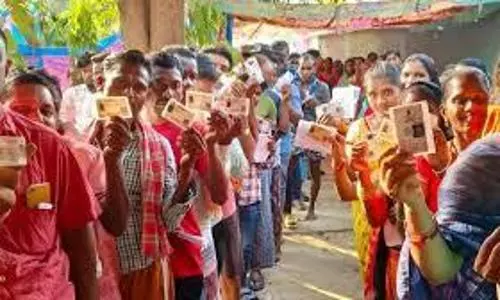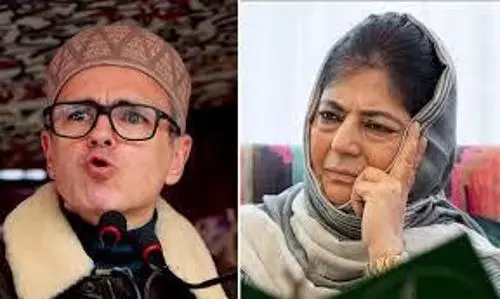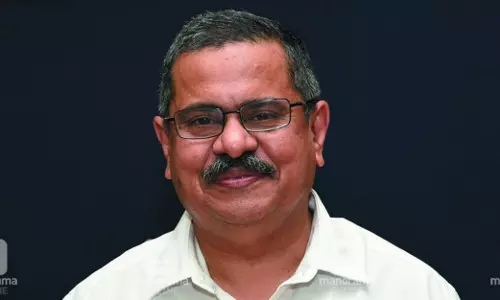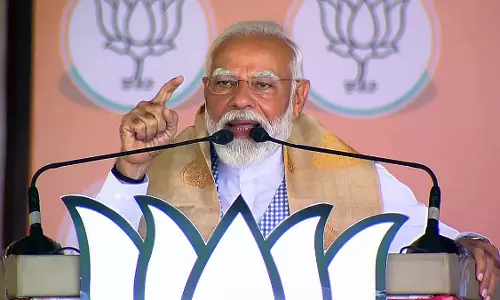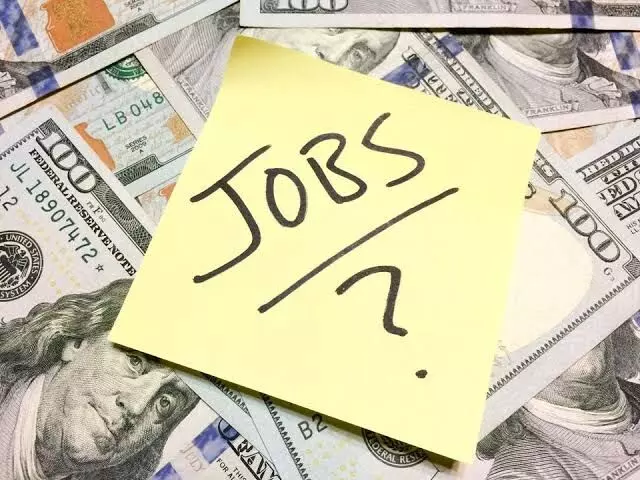
More than 25,000 Indians took their lives over unemployment debt in 2018-20
text_fieldsNew Delhi: Amidst a feverish discussion on unemployment and the new Budget 2922, Minister of State (Home) Nithyananda Rai said that over 25,000 Indians had taken their lives in the period between 2018-2020, with 9140 people dying by suicide due to unemployment and 16,091 people due to bankruptcy or indebtedness.
The number of unemployment-related suicides touched a high in 2020 after the onset of the Covid-19 pandemic, with 3548 people having taken their lives due to loss or lack of jobs according to the National Crime Records Bureau (NCRB) data. While 2741 ended life due to unemployment in 2018, 2851 did so in 2019.
The trend of deaths due to indebtedness, however, was not the same. While in 2018, 4970 died by suicide due to bankruptcy, in 2019 the figure increased to 5908. In 2020, it dropped by over 600 deaths to 5213.
In response to questions over the unemployment rate, which Congress leader Shashi Tharoor noted was higher than the worst unemployment rate in 45 years, Rai said the Central government had introduced schemes such as the Aatmanirbhar Bharat Rojgar Yojana (ABRY), The National Career Service (NCS) project for job seekers and employers for job-matching, Prime Minister's Employment Generation Programme (PMEGP) and the Mahatma Gandhi National Rural Employment Guarantee Scheme (MGNREGS).
Make in India, Digital India, Swacch Bharat and various schemes for industrial corridors and infrastructure development were also being implemented to provide opportunities, he pointed out.
"To address the burden of mental disorders, the Government is implementing the National Mental Health Programme (NMHP) and is supporting the implementation of the District Mental Health Programme (DMHP) under NMHP in 692 districts of the country," Minister Rai said, adding that this was how the government was planning to combat the deaths.
"The programme aims to provide suicide prevention services, workplace stress management, life skills training and counselling in schools and colleges; mental health services including prevention, promotion and long-term continuing care at different levels of district healthcare delivery system and promote community awareness and participation in the delivery of mental healthcare services," he was quoted as saying by the Indian Express.
On February 7, Congress leader Shashi Tharoor had said that the budget had betrayed the hopes and aspirations of the people. He pointed out that one-fifth of India's population had "plunged a staggering 53% in the last five years in their income" while the wealth of the richest had only continued to grow.
His comments echoed those of Rahul Gandhi, who recently attacked the government on the issue saying that unemployment in the country is the highest in the past 50 years.





